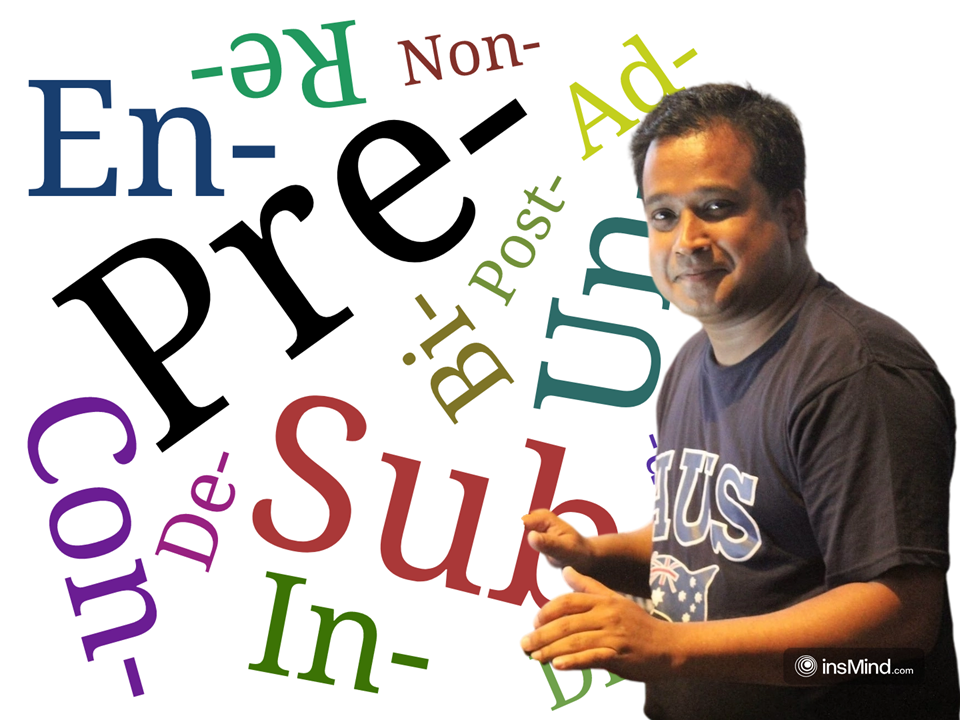A.
Medicine has evolved over centuries, with traditional practices and modern advancements shaping how we approach health and healing. Traditional medicine, often rooted in cultural heritage, includes remedies and treatments passed down through generations. Practices such as Ayurveda, Traditional Chinese Medicine (TCM), and herbal healing are prominent examples. Meanwhile, modern medicine, also known as allopathic medicine, focuses on evidence-based approaches, often incorporating advanced technology and scientific research. Together, these systems play vital roles in global healthcare.
B.
Traditional medicine offers several advantages. It is deeply connected to nature and often uses locally available herbs and plants, making it accessible and affordable for many communities. Additionally, traditional practices often emphasize prevention and holistic well-being, addressing not just physical health but also mental and spiritual balance. For example, yoga and meditation, rooted in traditional Indian medicine, have been shown to reduce stress and improve overall health.
C.
Modern medicine excels in emergencies and acute care. It has transformed healthcare with its ability to diagnose and treat complex diseases through advanced tools like MRI scanners and genetic testing. Vaccines, antibiotics, and surgical techniques have significantly increased life expectancy and reduced mortality rates. However, modern medicine often focuses on specific ailments rather than holistic well-being, which can sometimes overlook the interconnected nature of health.
D.
The integration of traditional and modern medicine is gaining traction as healthcare providers recognize the value of both systems. For instance, acupuncture, a traditional Chinese practice, is now widely used in pain management alongside modern therapies. Similarly, herbal supplements are often combined with pharmaceutical treatments to enhance effectiveness. A 2022 report by the World Health Organization (WHO) highlighted that nearly 80% of people in developing countries rely on traditional medicine as part of their primary healthcare.
E.
Despite their benefits, both traditional and modern medicine face challenges. Traditional medicine often lacks rigorous scientific validation, leading to skepticism about its efficacy. On the other hand, modern medicine can be expensive and inaccessible for marginalized communities. To address these issues, efforts are underway to scientifically study traditional remedies and make modern healthcare more affordable and inclusive.
F.
In conclusion, traditional and modern medicine each have unique strengths and limitations. While modern medicine thrives in technological advancements and precision, traditional practices offer holistic approaches and cultural richness. Integrating these systems can create a more inclusive and effective healthcare model, combining the best of both worlds to meet diverse health needs worldwide.
1. What is the main focus of the passage?
2-5. Match each paragraph (A-F) to its main idea:
- Benefits of modern medicine:
- Integration of the two systems:
- Challenges faced by both systems:
- Advantages of traditional medicine:
6-10. True, False, or Not Given:
- Modern medicine is also known as allopathic medicine.
- Yoga is a modern medical practice.
- Herbal healing is a form of traditional medicine.
- Both systems are completely separate and do not overlap.
- Modern medicine excels in treating acute diseases.
11-14. Fill in the blanks:
Traditional medicine emphasizes well-being.
Modern medicine relies heavily on approaches.
Nearly 80% of people in developing countries use medicine as primary healthcare.
Acupuncture is a traditional practice widely used for management.
15-20. Multiple Choice:
- Which system is deeply connected to nature?
- What is one major challenge of traditional medicine?
- What is a key strength of modern medicine?
- Which organization highlighted the importance of traditional medicine?
- What is a benefit of integrating the two systems?

